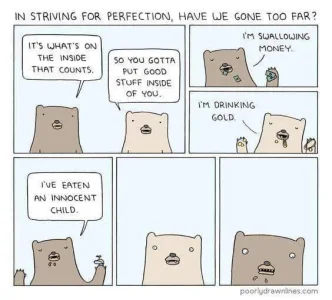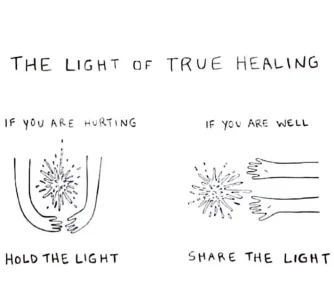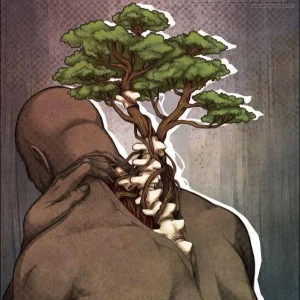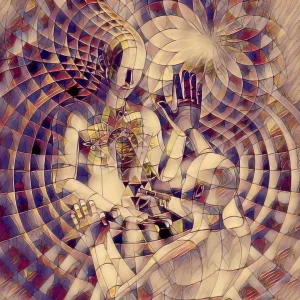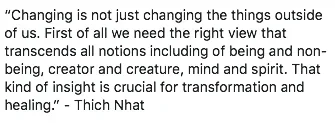A little bit of this by me -
But this just came out in Psychology Today, which is kinda saying something...so I had to post it...I just had to!
Seriously though...I have hope that this will continue to help people and will not be cracked down on instead.
Enjoy!
Depression rates are shockingly high.
The condition is estimated to affect 10-15 percent of the global adult population and has been ranked as the fourth highest contributor to the global disease burden by the World
Health Organization.
To make matters worse, approximately
30 percent of people who suffer from major depression are classified as
"treatment-resistant,” meaning that they respond poorly to the different types of
antidepressant medications currently available.
Put these facts together and you have a public health crisis.
This has prompted many scientists to look for out of the box treatments for depression.
One treatment that has shown promise in recent studies is psilocybin, the active chemical compound in hallucinogenic mushrooms.
A new study published in the journal
Acta Psychiatrica Scandinavica adds more credibility to the claim.
In the study, researchers in the United Kingdom recruited 20 patients suffering from treatment-resistant depression.
Patients were first asked to complete a depression screener and a
personality test measuring the Big-5 personality traits (
neuroticism,
extraversion, openness to experience,
agreeableness, and
conscientiousness).
Then, over the following weeks, participants were given two doses of psilocybin (10 mg and 25 mg doses, respectively).
Finally, after a few more weeks, patients filled out the same depression screener and personality test they did at baseline.
The goal was to see if and how the psilocybin treatment reduced depressive symptoms and altered personality.
Indeed, they found promising improvements on both counts.
Depression, as measured by the 16-item Quick Inventory of Depressive Symptoms, showed directional reductions from the baseline measurement to the follow-up.
Moreover, psilocybin treatment appeared to have a marked effect on personality.
Neuroticism significantly decreased from baseline to follow-up, while extraversion, conscientiousness, and openness significantly increased.
What's especially intriguing about these results is that the antidepressant effects produced by psilocybin appear to function in an altogether different manner than mainstream antidepressants, such as SSRIs and MAOIs.
Whereas mainstream treatments have been shown to improve the personality dimensions of neuroticism and conscientiousness, the increases in extraversion and openness appear to be exclusive to psilocybin treatment.
Reiterating this point, the authors write, "Where changes in neuroticism and conscientiousness are consistent with what has been observed previously among patients responding to antidepressant treatment, the pronounced increases in extraversion and openness might constitute an eff
ect more specific to
therapy with a psychedelic."
While the exact way in which psilocybin works to alleviate depressive symptoms and alter personality is still unknown, the researchers speculate the construct of "insightfulness" may play a role.
They write, "Of the acute experience factors that are most related to
personality change, greater insightfulness during the 25 mg experience was found to be correlated with decreased neuroticism as well as increased extraversion."
Taking all of this together, the question might not be whether psilocybin should be a last-resort or fringe treatment for depression, but rather, one of the first lines of defense instead.
References
Erritzoe, D., Smith, J., Fisher, P. M., Carhart-Harris, R., Frokjaer, V. G., & Knudsen, G. M. (2019). Recreational use of psychedelics is associated with elevated personality trait openness: Exploration of associations with brain serotonin markers. Journal of Psychopharmacology, 0269881119827891.
Erritzoe, D., Roseman, L., Nour, M. M., MacLean, K., Kaelen, M., Nutt, D. J., & Carhart‐Harris, R. L. (2018). Effects of psilocybin therapy on personality structure. Acta Psychiatrica Scandinavica, 138(5), 368-378.


